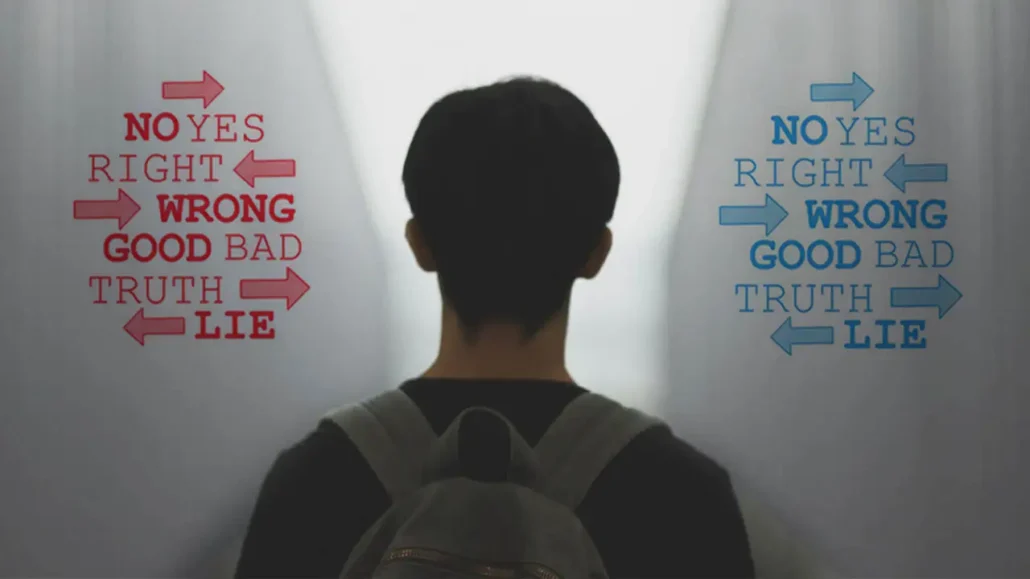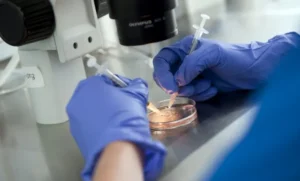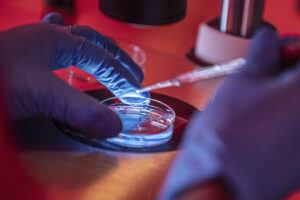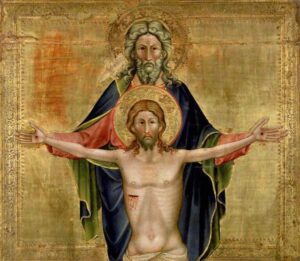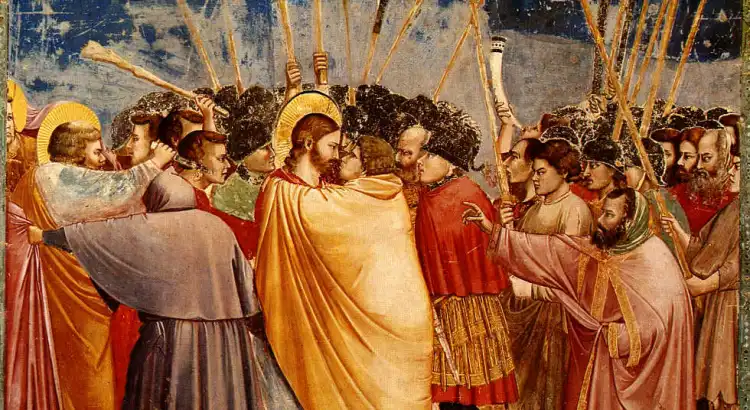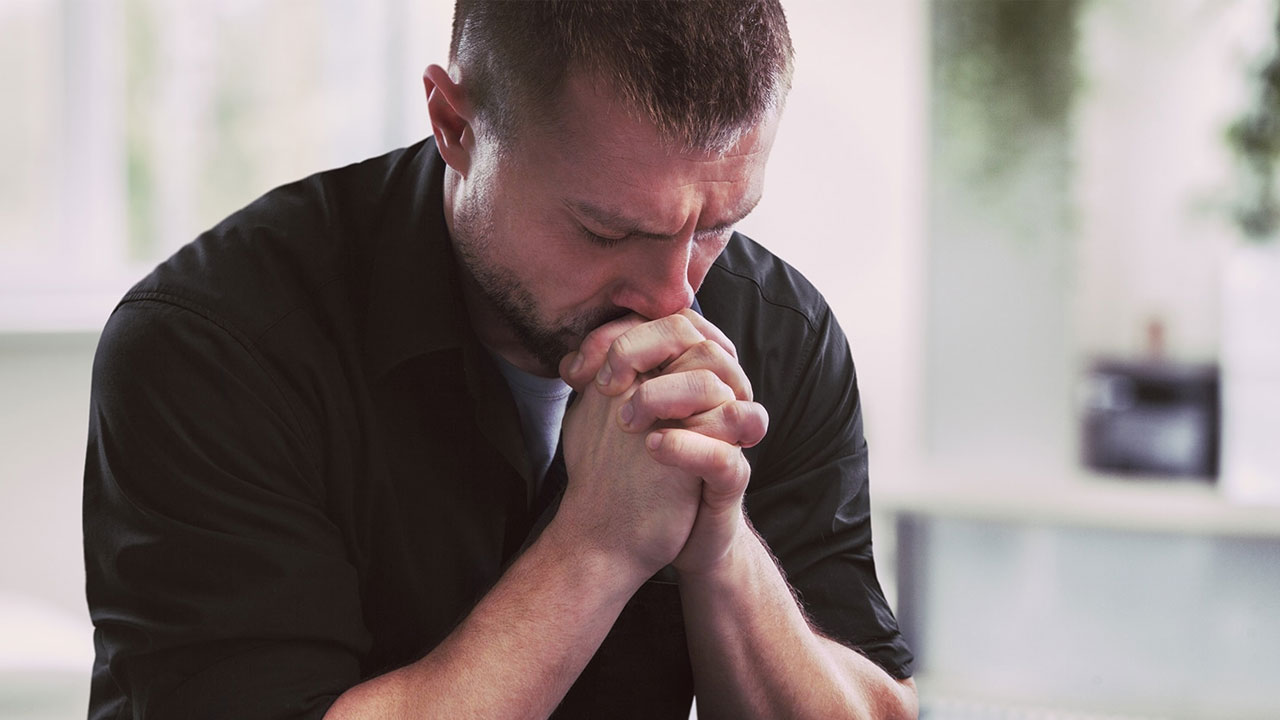Question:
Father: I would like to know more about the conscience and how it should be educated, and also what role morals and values play in it. I am a professor of religion and would like to know this for my students.
Response:
- The moral conscience is subject to a continuous progression. But we must say that the education of the conscience is the most difficult of the arts. Not everyone naturally receives the same disposition for right judgement: for while it is easy in some, others are slower to appreciate the ethical aspects of the act and its relation to the various norms of morality. To this are added diseases of the spirit, ignorance, prejudices, habits, and passions which can easily bend the mind to judge the ethical value of a given action in conformity with its own interests.
- The uprightness of moral conscience (i.e., an educated conscience) implies an exact knowledge of the law and the wise application of it to concrete action. To this, therefore, education must look, by means of:
a) the loving study of the truth and of the law, not considering it as a weight, but as a path already laid out before us; we must illuminate, enlighten our conscience about the good and about the truth. And this is done through the Faith, the Word of God, and the clear teaching of the Church. In other words, we should be faithful to the truth. What the Pope commanded to the Bishops of France applies to every Christian: “Pastors should form consciences calling good what is good and evil what is evil”. One can be sure that he or she is acting with an upright conscience, with honesty of conscience, when he or she has taken all the means to make it upright. This is particularly true for the delicate issues of our moral and spiritual life, especially those about which we have doubts. Finally, here we see the reason why there can be no divergence between the teaching of the Church and the conscience of the Christian. Because the Magisterium is not just another opinion but one of the sources from which we must enlighten our conscience. A decree on the function of the theologian has said these words that should give us serious food for thought: “Setting up a supreme magisterium of conscience in opposition to the magisterium of the Church means adopting a principle of free examination incompatible with the economy of Revelation and its transmission in the Church and thus also with a correct understanding of theology and the role of the theologian” (Donum Veritatis, 38). The Pope has said: “…the Magisterium of the Church has been instituted by Christ to illumine the conscience”. (St. John Paul II, To the participants in the Second International Congress on Moral Theology, November 12, 1988). And he says the same in Veritatis Splendor, article 64.
b) the habit of reflecting before acting.
c) the exercise of the virtues that give us an experimental knowledge much more effective than doctrinal; only virtue can guarantee us that our conscience does not desire to “justify” our defective behavior or our sins.
d) the possession and use of the supernatural gifts, from which Christian prudence, moderator of supernatural activity, must receive continuous nourishment.
- Finally, there are, above all, two infirmities that can habitually affect the conscience in its judgments: laxity and scrupulosity. These constitute respectively the degeneration of error and of doubt. The man of lax conscience tends to underestimate the immorality of some actions and the responsibility of his actions. This habit cannot be defeated except by means of the opposite habit, acquired gradually by a diligent exam of the doubts that are presented to him, a more sincere love of truth and duty, a more obliging docility to the confessor, and a stricter evaluation of one’s own actions. Scrupulosity understood as not a sporadic phenomenon, but a morbid habit of the spirit which can be defined as obsessive doubt in the moral sphere. Indeed, it presents the characters of the obsessive idea and is like it: lucid, irresistible, distressing, persistent (even though the patient himself recognizes it as unreasonable). The scruple must be cured with appropriate remedies.
Fr. Miguel A. Fuentes, IVE
For more information, you can consult the following:
– P. Miguel Ángel Fuentes, ‘La conciencia y el Magisterio‘
– P. Miguel Ángel Fuentes, ‘La conciencia en la Veritatis Splendor‘
– Cardinal J. Ratzinger, ‘On Conscience’
Original Post: Here
Other Post: Forgetting sins in confession

